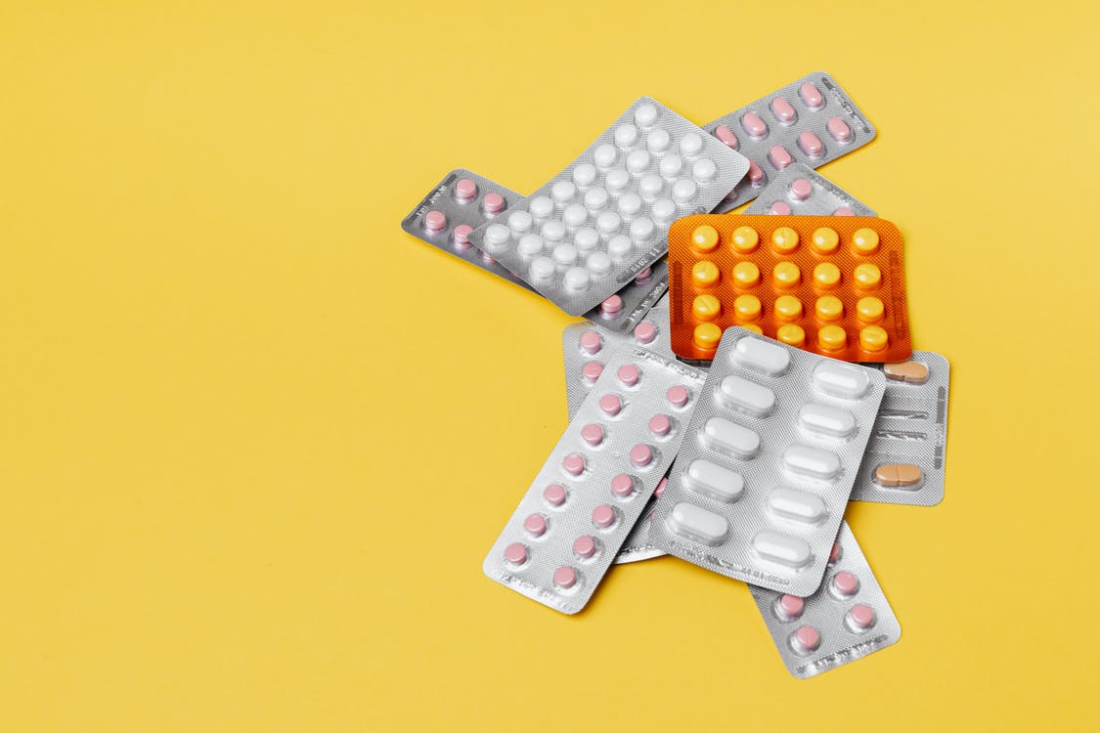
Managing multiple medications can be a complex task, particularly for older adults and individuals with chronic illnesses. Without proper oversight, the risk of adverse drug reactions (ADRs) significantly increases, leading to potential health complications.
One effective solution to mitigate this risk is a home medication review. This professional service, typically conducted by a pharmacist in the comfort of a patient’s home, helps identify medication-related problems and improve overall health outcomes.
Understanding Adverse Drug Reactions (ADRs)
An adverse drug reaction occurs when a medication produces harmful or unintended effects. ADRs can range from mild side effects like nausea and dizziness to severe complications such as allergic reactions, organ damage, or even life-threatening conditions. The risk of ADRs increases with factors such as polypharmacy (taking multiple medications), age, and pre-existing health conditions.
Common causes of ADRs include:
- Incorrect dosages
- Drug interactions
- Allergic reactions
- Poor adherence to prescribed medications
- Expired or improperly stored medications
What Is a Home Medication Review?
A Home Medication Review is a structured consultation between a pharmacist and a patient, often recommended by a general practitioner (GP). The review takes place in the patient’s home, providing a comfortable and familiar environment to discuss medication management.
During an HMR, the pharmacist:
- Reviews all prescribed and over-the-counter medications the patient is taking
- Identifies potential drug interactions and contraindications
- Assesses whether medications are being taken correctly
- Provides education on proper medication use
- Suggests safer or more effective alternatives if necessary
After the review, the pharmacist provides a detailed report to the patient’s GP, who then collaborates with the patient to implement any recommended changes.
How a Home Medication Review Prevents ADRs
Identifying Drug Interactions
One of the primary benefits of an HMR is detecting harmful drug interactions. Many individuals take multiple medications prescribed by different doctors, increasing the risk of unintended interactions. Pharmacists can identify these risks and suggest adjustments to prevent complications.
Ensuring Correct Dosages
Taking the incorrect dosage of medication can lead to serious health issues. Too much of a drug may cause toxicity, while too little may render the treatment ineffective. A pharmacist ensures that dosages are appropriate based on the patient’s age, weight, and medical history.
Enhancing Medication Adherence
Non-adherence, whether intentional or accidental, is a significant contributor to ADRs. Patients may forget doses, take medications at incorrect times, or discontinue use prematurely. An HMR provides clear guidance on medication schedules, making it easier for patients to stay on track.
Identifying and Removing Redundant Medications
Over time, some medications may no longer be necessary, or safer alternatives may be available. A pharmacist can help identify redundant or potentially harmful drugs, reducing unnecessary medication burden.
Educating Patients and Caregivers
A critical aspect of an HMR is patient education. Pharmacists explain potential side effects, proper storage methods, and the importance of adhering to prescribed regimens. Caregivers also receive guidance on assisting with medication management.
Who Should Consider a Home Medication Review?
An HMR is particularly beneficial for:
- Older adults on multiple medications
- Individuals with complex medical conditions
- Patients experiencing unexplained symptoms or side effects
- Those recently discharged from a hospital
- Individuals struggling with medication adherence
Conclusion
A Home Medication Review is a proactive step in preventing adverse drug reactions and ensuring safe medication use. If you or a loved one could benefit from an HMR, consider discussing it with your healthcare provider today. A small step toward medication safety can significantly improve overall well-being.


